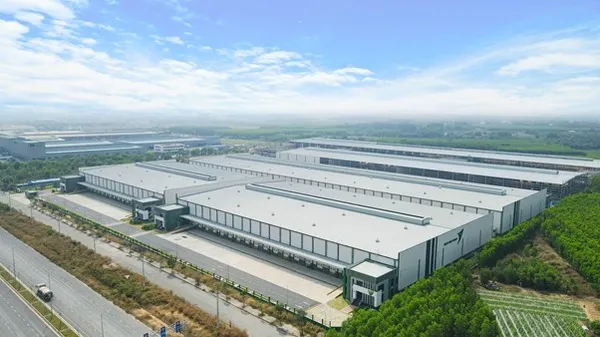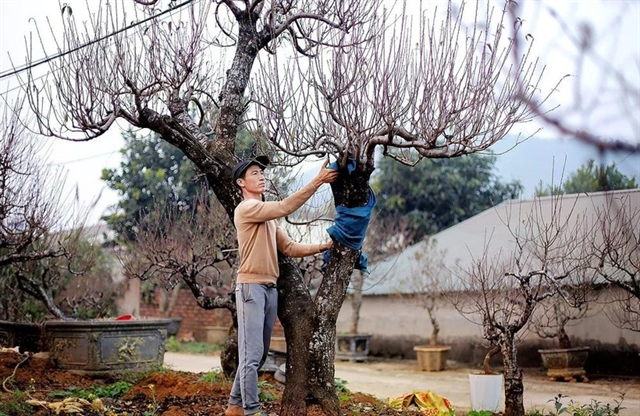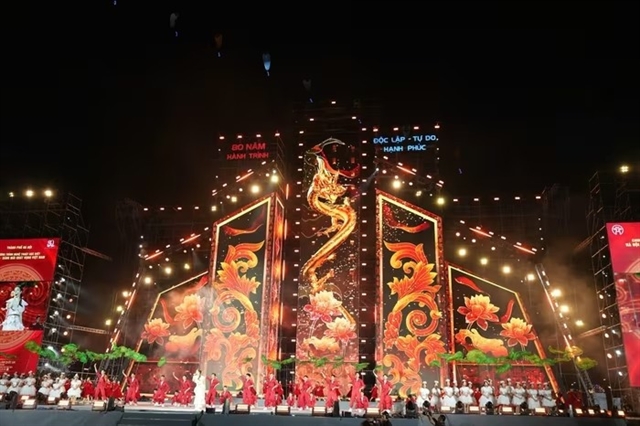 World
World

Russia launches on Friday its Yamal gas plant in Arctic Siberia, a gigantic project in one of the world's most remote areas, as the region becomes more accessible due to climate change.
SABETTA, Russia — Russia launches on Friday its Yamal gas plant in Arctic Siberia, a gigantic project in one of the world’s most remote areas, as the region becomes more accessible due to climate change.
Russia’s privately owned gas producer Novatek has partnered with France’s Total and China’s CNPC at the helm of the project, which was scheduled to send its first shipment of liquefied natural gas (LNG) from the port of Sabetta on Friday.
The $27 billion site (23 billion euros) - one of the most ambitious in the world - is set to start with a production capacity of 5.5 million tonnes per year and increase this to 16.5 million tonnes by the start of 2019.
Yamal LNG, owned by Novatek (50.1 per cent), Total (20 per cent), China’s CNPC (20 per cent) and the Silk Road Fund (9.9 percent) has had its share of financial and technical hurdles over the years.
While the Yamal peninsula has considerable hydrocarbon reserves, it is an isolated region in the Arctic circle, about 2,500 kilometres from Moscow and covered by ice for most of the year, where temperatures dip as low as -50 degrees Celsius.
Since its inception in late 2013, an airport and a port have had to be constructed for the project, as well as gas reservoirs and the LNG plant itself.
"Despite challenging operating conditions, Yamal LNG was delivered on time and on budget," said Samuel Lussac, an oil and gas specialist at Wood Mackenzie. "That is unusual in the LNG industry."
"Novatek, once a domestic gas supplier, becomes a global LNG player" with the project, he said. It will also boost Total’s existing strength in the LNG sector, where it is the second largest producer in the world.
Financing the project was tricky as US sanctions against Novatek made it impossible to borrow from Western banks. Eventually Chinese funds resolved the issue -- a relief for Moscow, for whom the project has strategic importance.
With Yamal LNG, Russia hopes to demonstrate its capacity to exploit considerable Arctic reserves despite major technological challenges and intends
to strengthen its market presence in Asia. Its main gas market is still Europe via several pipelines.
Northern Passage
Despite the project’s completion, Yamal LNG still faces risks, and the coming months will show "whether the plant can operate smoothly in the harsh Arctic environment", Lussac said.
Transportation through the Northern Sea Route also remains undeveloped, and "its feasibility as a major LNG delivery route is unclear", he said.
Russia wants the route to become a shorter, easier passage to coveted Asian markets and has built several massive icebreakers in recent years.
It is also hoped the project will contribute to understanding of how to navigate the Northern Route and "give more clarity into the potential development of the Arctic", said Sberbank-CIB analyst Valery Nesterov.
The route along the northern coast of Siberia allows ships to cut the journey to Asian ports by 15 days compared with the conventional route through the Suez Canal, according to Total.
After beginning LNG production on Tuesday, the first cargo will be loaded on Friday onto the tanker Christophe de Margerie, named after a former CEO of Total who died in an accident in a Moscow airport in 2014.
In August, the vessel became the first commercial gas tanker to traverse the Northern Route without assistance from an icebreaker.
After Yamal LNG, Novatek plans to develop a new giant project in the far north called Arctic-2 in the Kara Sea, with an output set to match that of Yamal. — AFP




